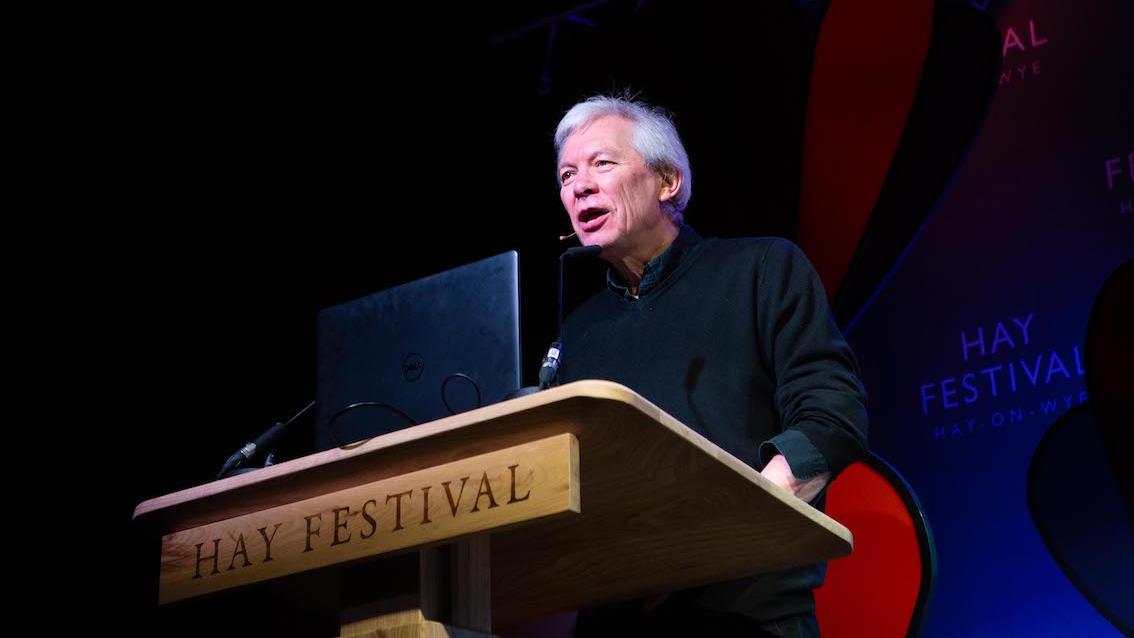
Archaeologist Mike Pitts always has stones in his pockets – one from Orkney, one from Stonehenge. He used them on stage to illustrate the difference in the perceived period of human habitation in Britain – 200,000 years – and the current certainty of one million years. His interest in the subject began as a child when he picked up arrowheads in his farmer father's fields. He bemoaned the fact that no newspaper has an archaeology correspondent and that the subject is not taught until university level.
In his new book, Digging Up Britain, he reveals the secrets of 10 sites where extraordinary discoveries have been made. New science is telling us things we didn't know even a decade ago.
Focusing on Stonehenge, he told the Hay audience that it is the largest cremation site in the British Isles, containing the remains of not just men, as was previously assumed, but of women and children too. At least one quarter of them were not local, and all had to special to be buried in a pit on the site. Pigs from as far away as Scotland were consumed at ritual feasts, and pig tusks, as valuable then as copper or gold, were placed in the most important graves.
Pitts emphasised that it is only in the past 4,500 years that Britain has been predominantly white, and that it was migrants, who would now be called 'Mediterranean refugees', laid the foundations of our civilisation.